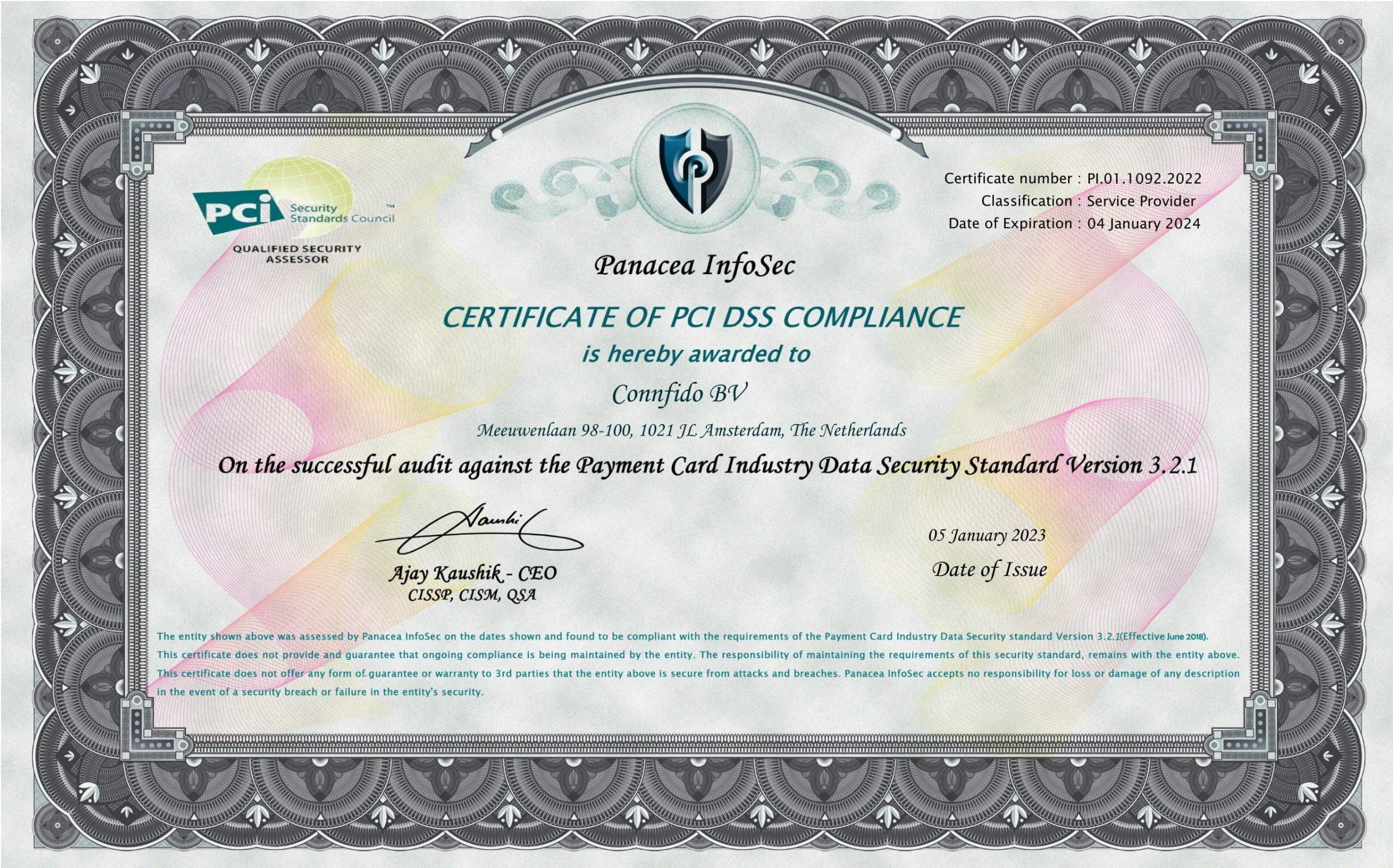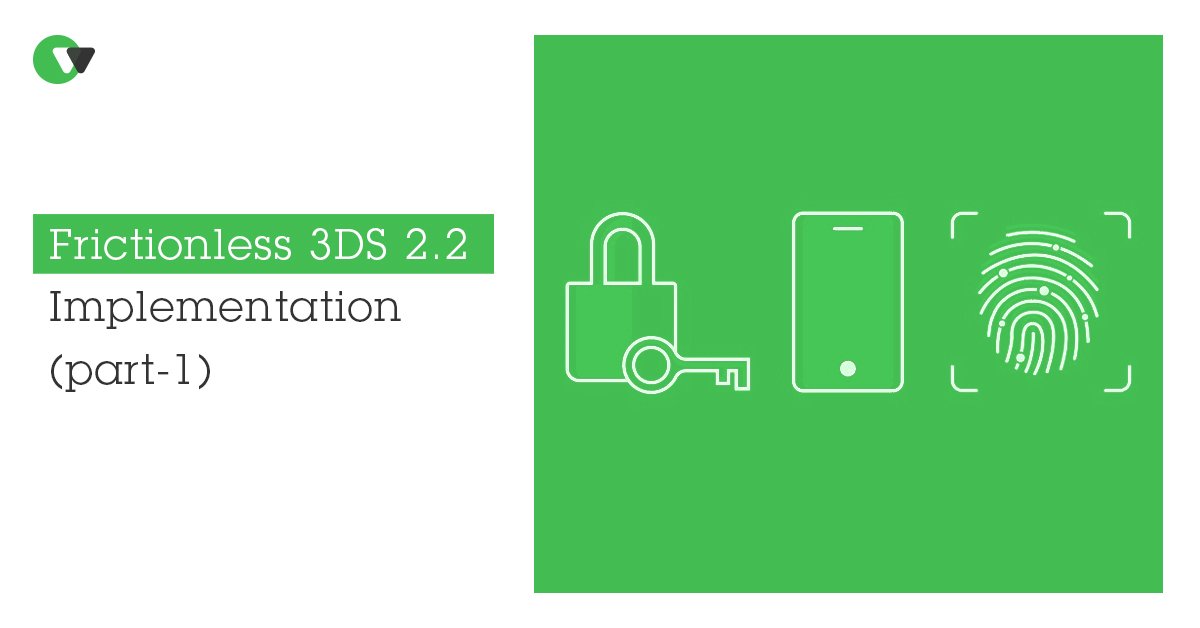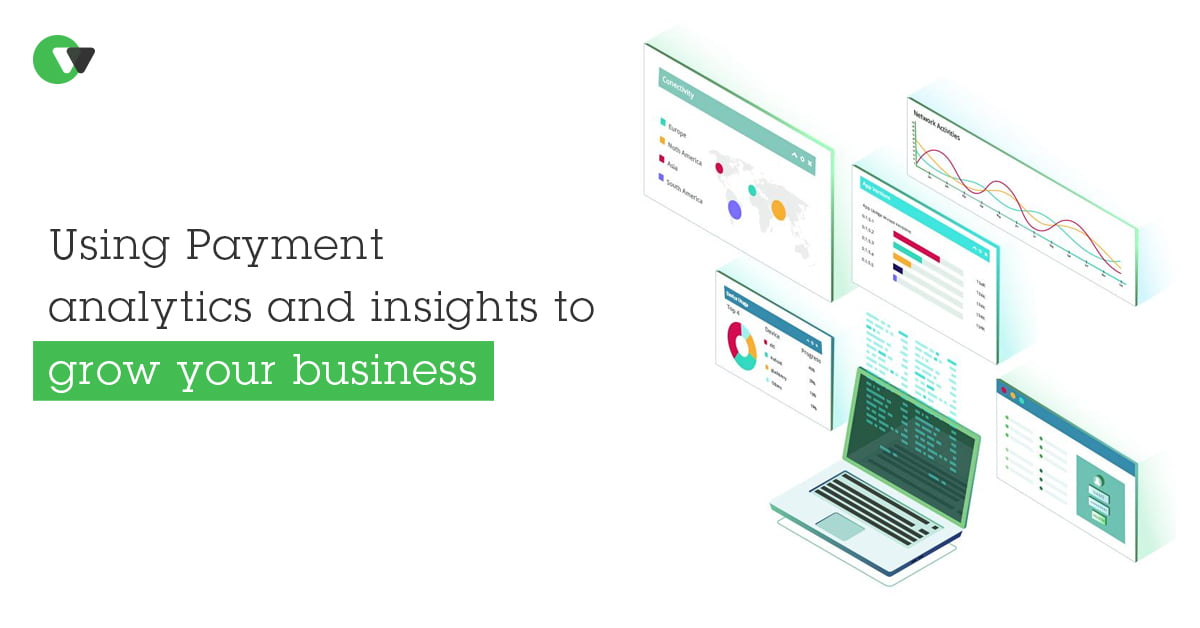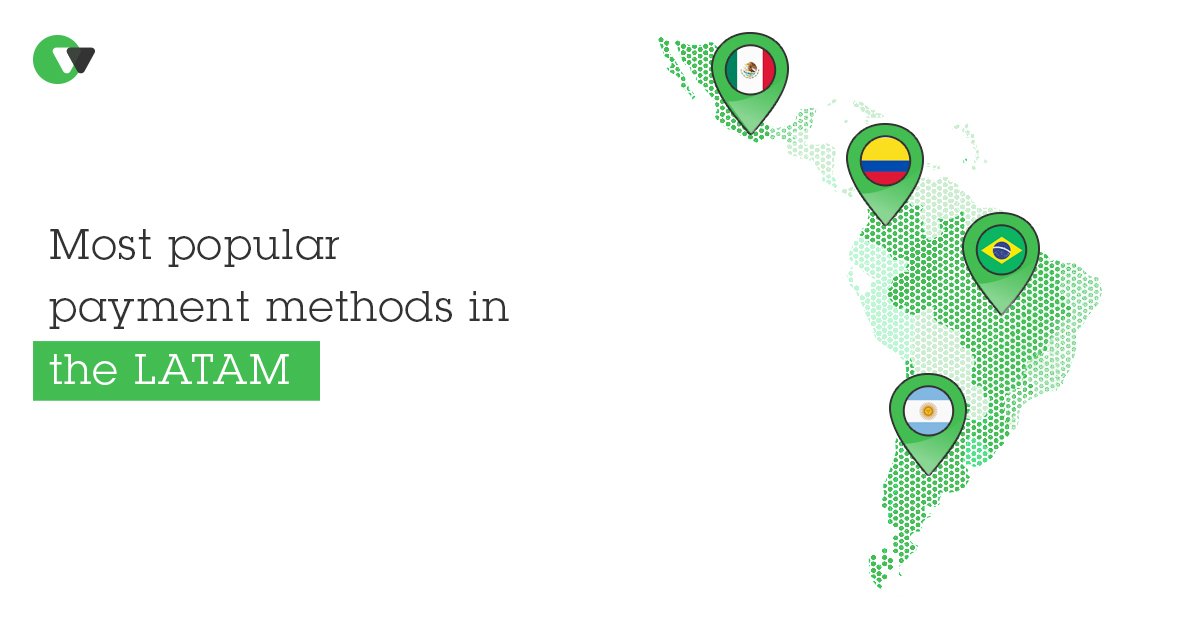
PCI Compliance helps keep credit card payments safe and secure
At WLPayments, we focus on providing a safe and secure environment for our clients to pay as quickly and frictionlessly as possible. One of the important pillars of providing a high level of service is to be and stay PCI compliant. For this, we participate in a yearly audit to ensure that the integrity of our systems, data and processes is secure and in compliance with PCI DSS standards.
In this article, we explain more about what PCI compliance is, what it is relevant and what we, as a payments gateway, do to stay compliant with the PCI DSS standards.
What Is PCI Compliance?
Payment card industry (PCI) compliance is mandated by credit card companies to help ensure the security of credit card transactions in the payments industry. Payment card industry compliance refers to the technical and operational standards that businesses follow to secure and protect credit card data provided by cardholders and transmitted through card processing transactions.
PCI standards for compliance are developed and managed by the PCI Security Standards Council.
Key Takeaways
- Companies that follow and achieve the Payment Card Industry Data Security Standards (PCI DSS) are considered to be PCI compliant.
- PCI DSS has 12 key requirements, 78 base requirements, and 400 test procedures to ensure that organizations are PCI compliant.
- Being PCI compliant reduces data breaches, protects cardholders’ data, avoids fines, and improves brand reputation.
To conform with PCI guidelines, several steps should be undertaken that are considered security best practices. The 12 major requirements for PCI DSS Compliance include the following:
- Use and Maintain Firewalls to protect data
- Appropriate Password Protections (e.g. 2FA)
- Protect Cardholder Data
- Encrypt Transmitted Cardholder Data
- Utilize Anti-Virus and anti-malware data
- Update software and maintain security systems regularly
- Restrict Data Access
- Unique IDs for Access
- Restrict Physical Access to Data
- Create and Monitor Access Logs
- Scan and Test for Vulnerabilities regularly
- Document Policies and keep them up to date
Benefits of PCI Compliance
The benefits of PCI compliance include the reduced risk of data breaches, safeguarding cardholder data, and thus avoiding chances for identity theft. It is good practice for companies to be compliant as it reduces any fines related to data breaches, helps a company’s brand reputation, and keeps customers happy and confident that they are doing business with a responsible company, leading to brand loyalty.
Constant maintenance and assessment of any security gaps are very important for avoiding the theft of sensitive cardholder information, such as social security and driver’s license numbers, whenever possible.
Companies must regularly provide compliance reports as part of their card processing agreements. Monitoring, assessments, and audits of Payment Card Industry Data Security Standards are all an important part of a company’s security department.
Drawbacks of Not Being PCI Compliant
PCI compliance is mandatory if you or your business deals with credit card transaction information. In addition to increased risk of experiencing a data breach, you can also be subject to fines, penalties, and losing the ability to process credit card data going forward. Banks and payments companies may also choose not to do business with you unless you are PCI compliant. This can result in lost sales and a tarnished brand image.
Non-compliance fines begin at $5,000, but can cost up $500,000 per PCI data security incident or breach.
The Bottom Line
PCI compliance refers to the technical and operational standards established by the PCI Security Standards Council that organizations need to implement and maintain. The goal of being PCI compliant is to protect cardholder data and applies to any organization that accepts, transmits, or stores that data. Being PCI compliant is a good business practice in that it puts the safety of consumer data first and also benefits an organization through a positive brand reputation.




